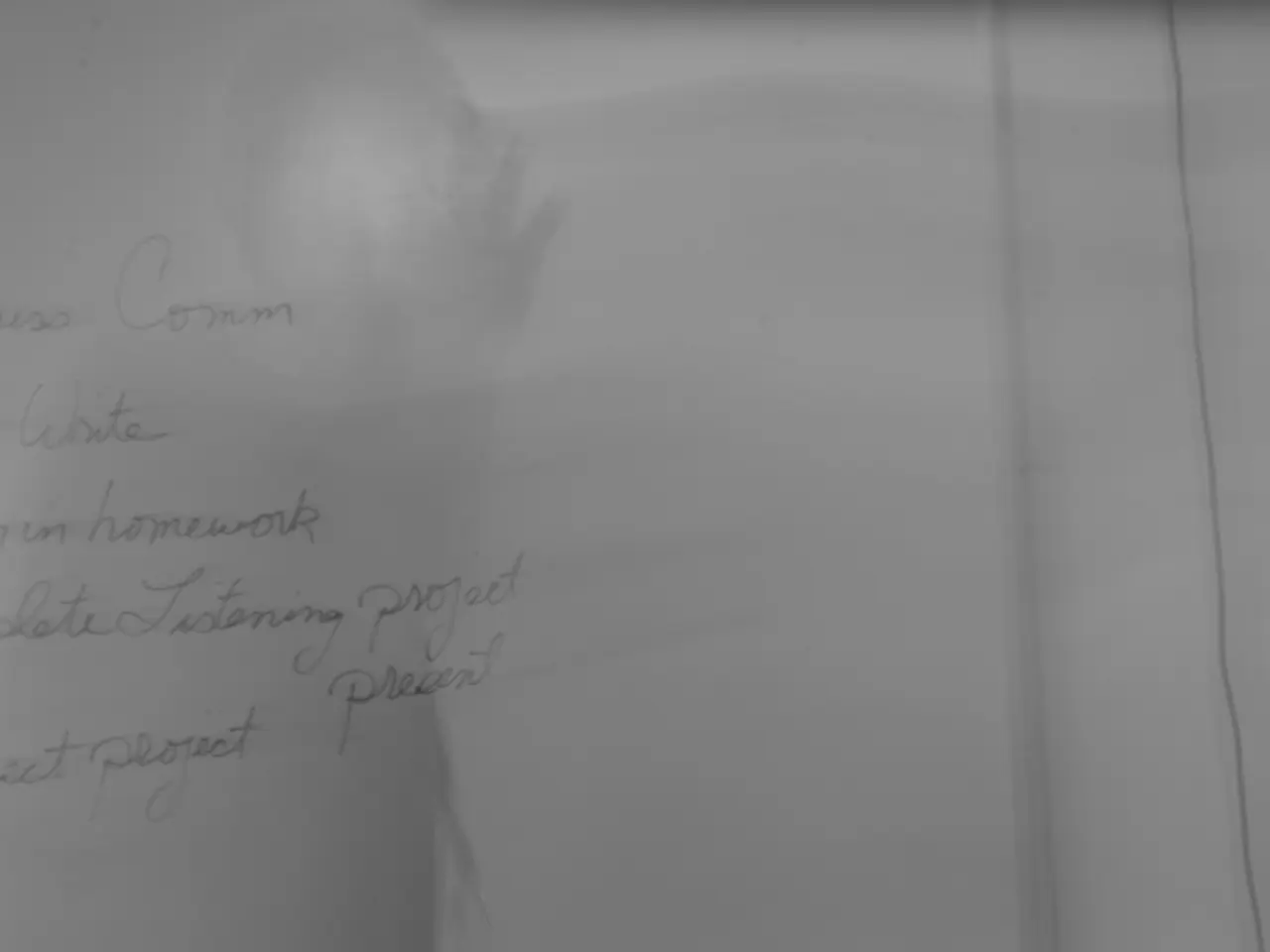Slipping Economy Brakes India's Progress
Indus Holding, a mid-market investment firm, has reported a decline in profits for Q2 2025, primarily due to the impact of global trade tensions and U.S. trade policies.
According to the company's financial report, Indus Holding's earnings before interest, taxes, depreciation, and amortization (EBITDA) adjusted for special items plummeted by around a quarter to €31.2 million. This decline was attributed to protectionist U.S. trade policies, Chinese export controls, and a weak U.S. dollar, which led to supply chain challenges, price pressure, and foreign exchange headwinds.
Despite a modest 1.2% year-over-year increase in sales, reaching €434 million, the company's adjusted EBITA fell sharply by 26% year-over-year. The Infrastructure segment, which contributed to the majority of the sales with a growth of 7.5% to €156 million, was particularly affected.
The decline in EBITA was mainly due to challenging supply chain issues related to rare earth elements, intense price pressure in the Infrastructure segment, and a group-wide foreign exchange headwind. These factors combined led to a 7.2% margin, down 2.7 percentage points from the previous year.
Free cash flow also declined significantly, down 55% to €15.7 million in Q2, reflecting higher working capital needs and continued investments affecting liquidity. However, management expects an improvement in H2 driven by seasonal working capital trends and anticipated EBITA recovery, with full-year 2025 free cash flow guidance targeting over €90 million.
CEO Johannes Schmidt stated that the overall economic development in Germany and key export markets was negatively affected by global trade uncertainty and geopolitical crises in the first half of 2025. Despite the decline in profits, the management of Indus Holding confirmed its outlook, with full-year revenue expected to be between €1.70 billion and €1.85 billion. Schmidt also expects the adjusted operating margin for Indus Holding to be between 7.5% and 9% for the full year.
The report also showed that despite increased revenue (Q2 Infrastructure segment revenue up 7.5%), the earnings (adjusted EBITA) for the Infrastructure segment dropped approximately 18.7%, citing intense competition and price pressure burdens on results. The overall market demand is expected to improve in the second half of 2025, indicating hopes for easing effects from ongoing trade tensions.
In summary, the global trade tensions and U.S. trade policies impacted Indus Holding in Q2 2025 primarily through supply chain disruptions (notably in rare earth materials), price competition, and currency volatility, which together depressed margins and earnings despite stable or slightly increased sales. Management remains cautiously optimistic for H2 2025 improvements and a strong full-year performance within their guidance range.
Business challenges faced by Indus Holding in Q2 2025 were primarily due to financial implications of global trade tensions and U.S. trade policies. These included supply chain disruptions, price pressure, and foreign exchange headwinds, leading to a decline in adjusted EBITA.




